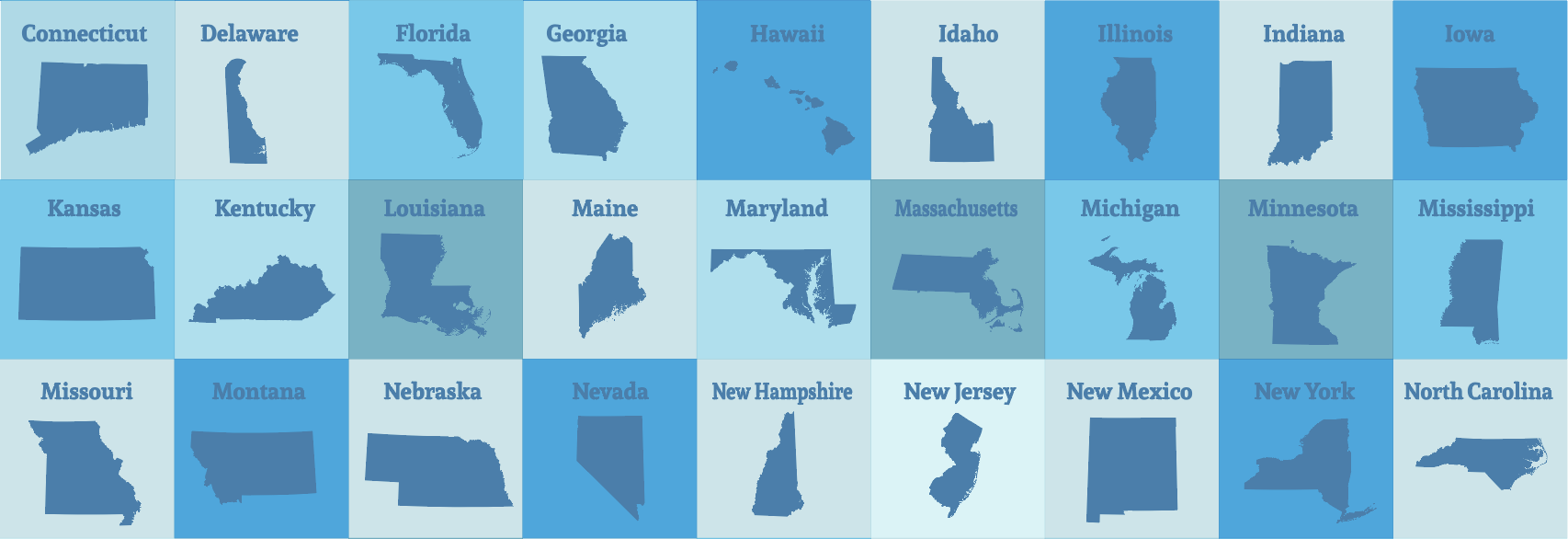Serving Out of State Patients? The 2023 Post-Pandemic, Post-PHE Update
Now that the dust is settling as we get accustomed to our post-pandemic world, those in the telemedicine world and organizations thinking about providing remote second opinions are still seeking clarity on what remote programs are possible. Has anything changed? Or, are we back to where we started before the pandemic?


.png)



